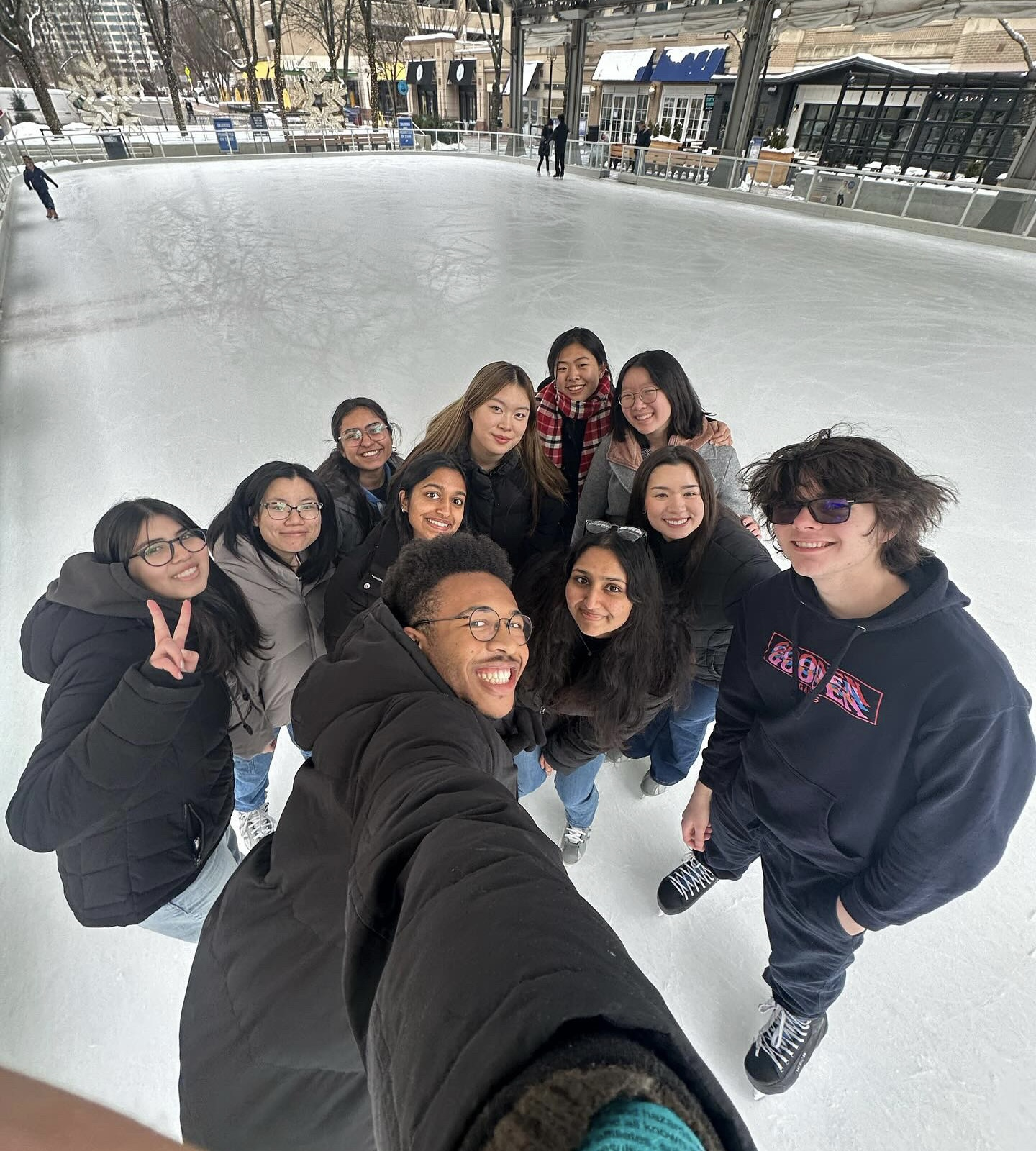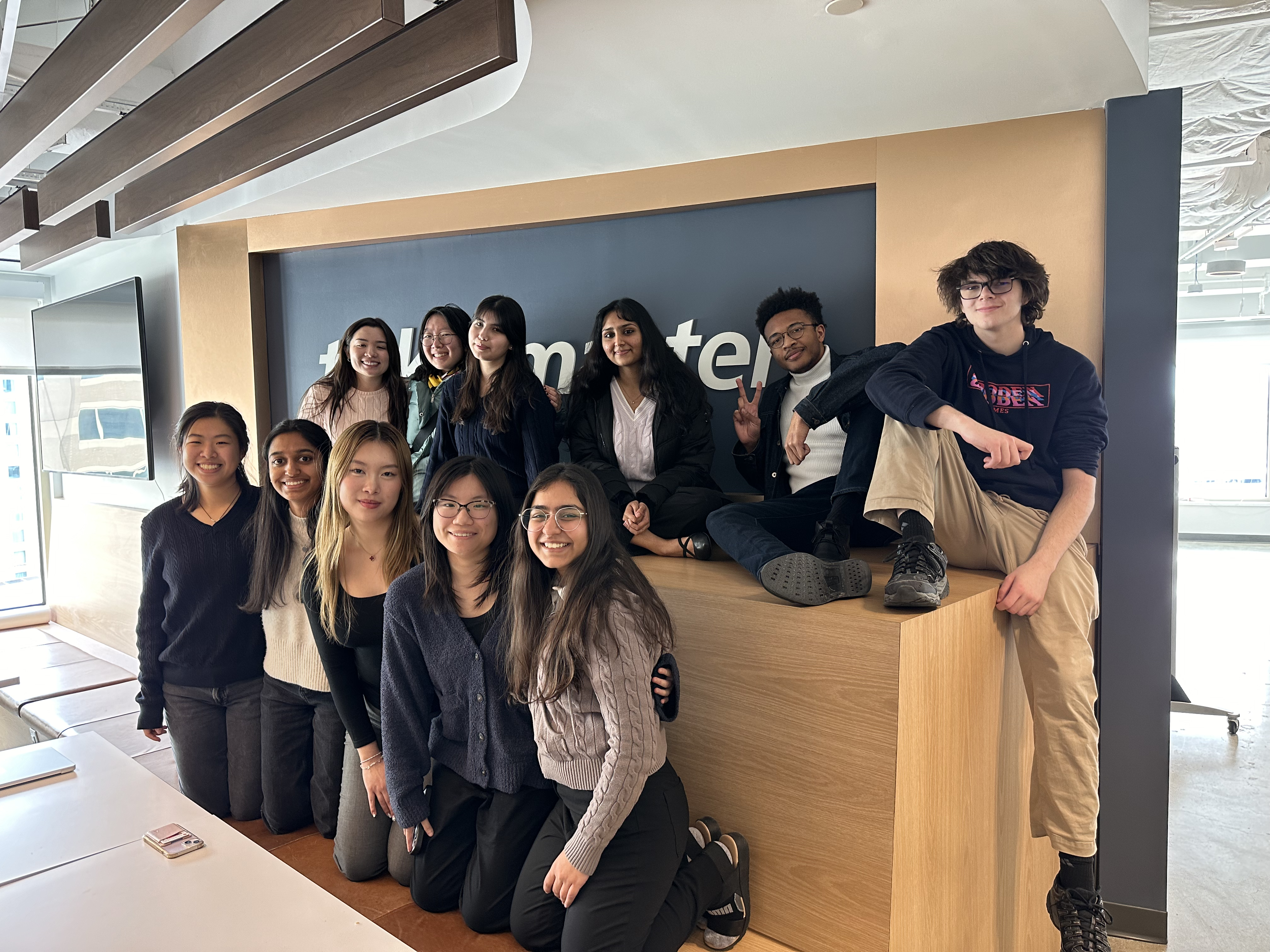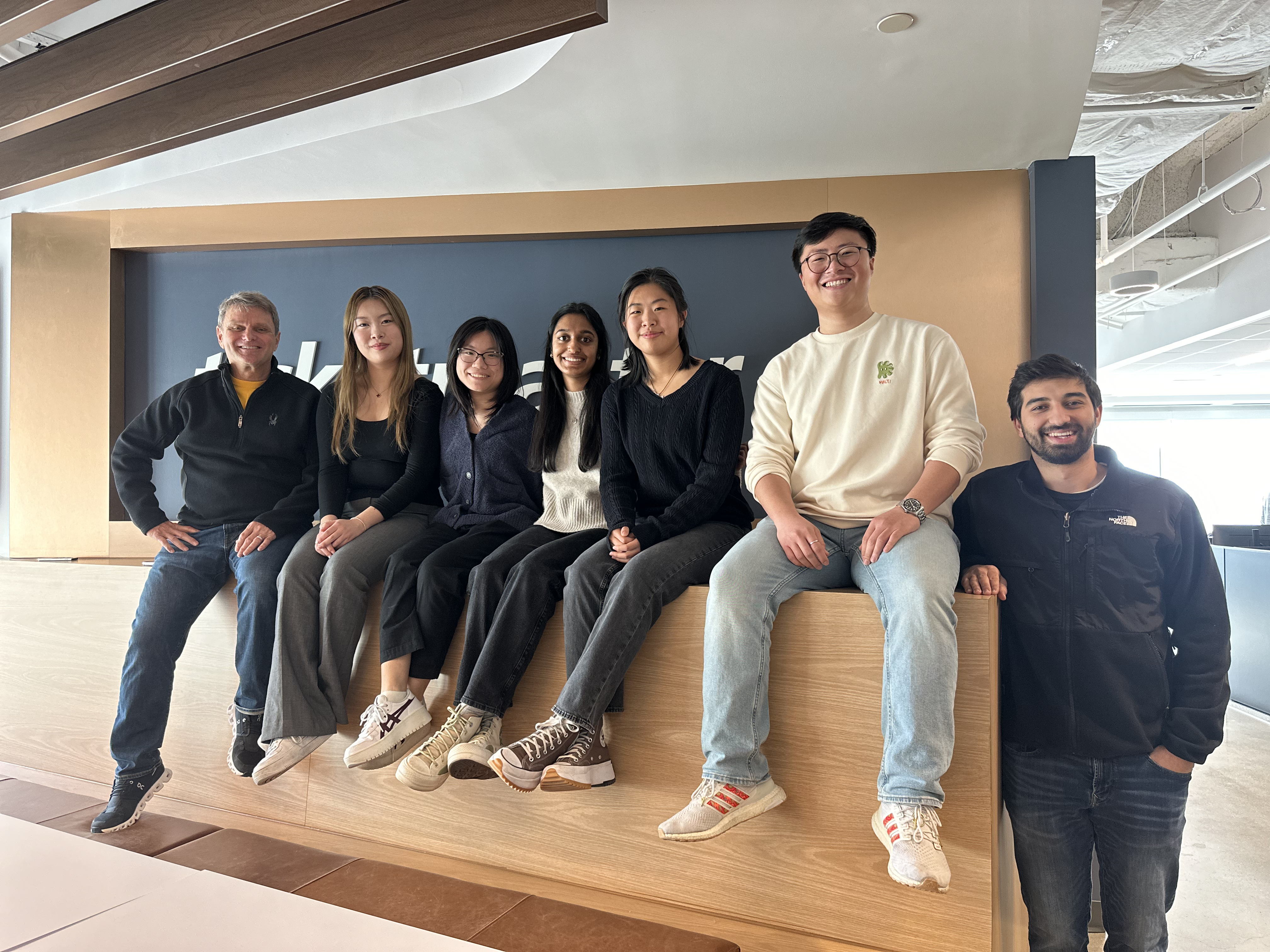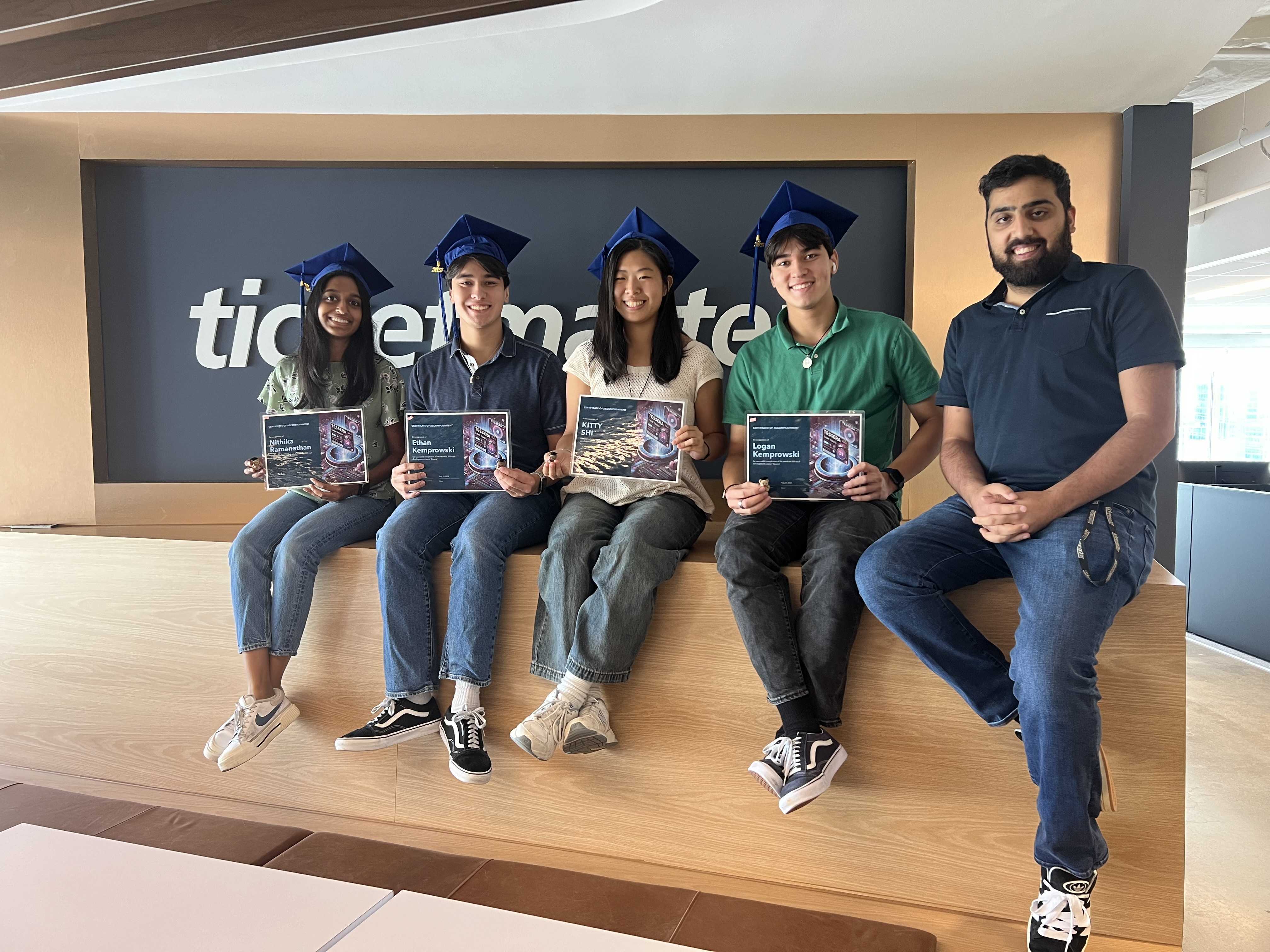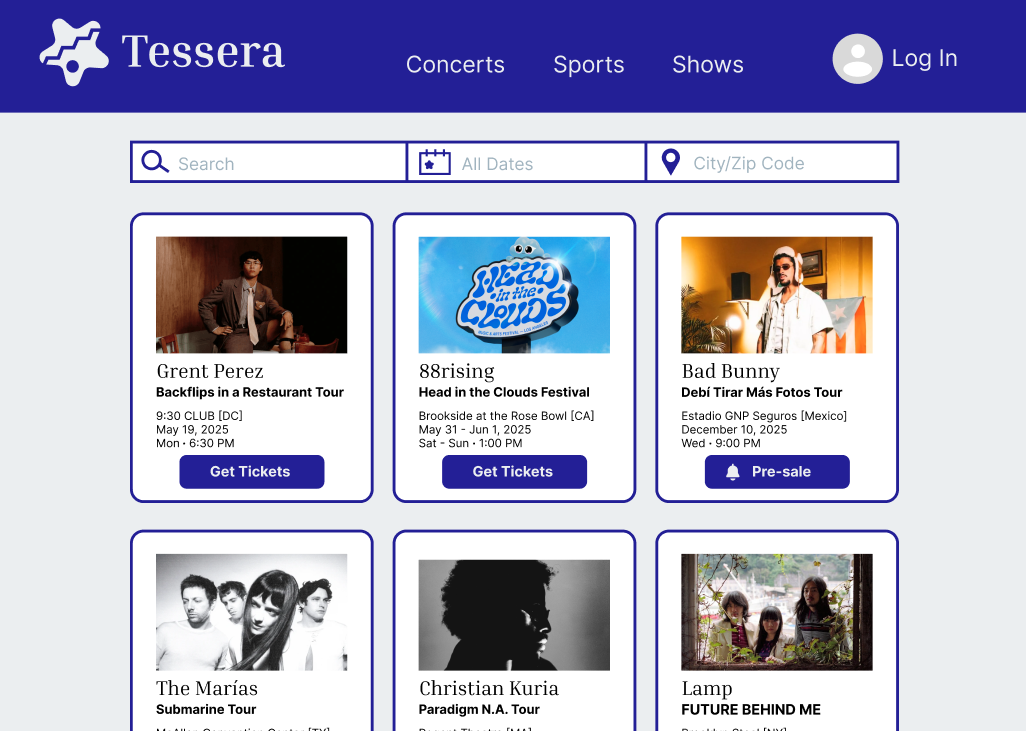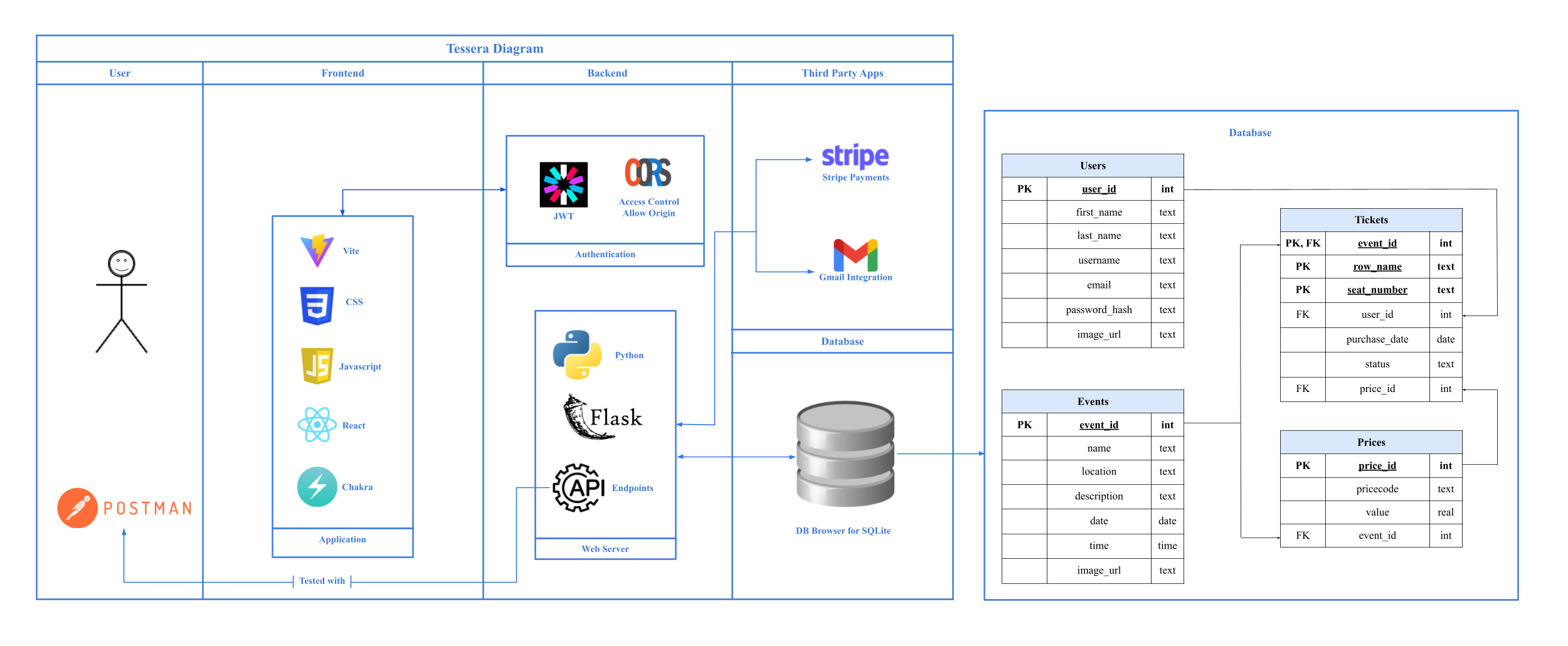Software Engineeing at Ticketmaster:
Practicum Reflection Essay
During the summer of 2023, I interned on-site as a Software Engineer at Ticketmaster, the world’s leading ticketing platform, at their Reston, Virginia office. I worked alongside the Archtics Integration Team, who focuses on API development and deployment of data-driven solutions for clients. Nithika Ramanathan, a fellow intern studying at UMD, and I were tasked with improving the AWS infrastructure that supports data ingestion and API interactions. Beyond addressing Ticketmaster’s internal issues, we were individually tasked with creating our own versions of ticketing platforms to strengthen our skills as rising developers. Through this experience I gained not only insight into the unique field of ticketing but also strengthened my technical skills by applying my background in Computer Science to explore system architecture, modernization from legacy systems, scalability and efficiency of programs, and data security.
Finding the Internship
Originally, my time at Ticketmaster was only for three-week in January 2023 that unexpectedly led to this summer internship. I applied to Break Through Tech’s Sprinternship™ program hosted by I4C (Iribe Initiative for Inclusion and Diversity in Computing) at UMD in Fall 2023 with the desire to gain real world experience in the tech field. Through the program I was assigned to John Kemprowski’s Archtics Integration Team with 3 other interns to be mentored by Talha Muhammad. In those three weeks, I learned about AWS and contributed to the completion of our project, a AWS SQS DLQ alerting and monitoring system. I also connected with the 13 other aspiring software engineers from UMD and formed friendships with the Software Engineers on the Archtics Integration Team.
Midway through the spring semester, I received an interview for a summer internship position at Ticketmaster. Eager to return to learning industry standard technology, I asked Professor Elias Gonzalez to help me prepare and review my understanding of programming concepts and coding applications. The interview included both a behavioral and technical component, with the technical questions being focused on object-oriented programming concepts tailored to my level of education as a freshman.
As a student, and especially a woman in the tech space, I often doubt my abilities as a programmer. However, both internships and the interview process taught me to embrace this uncertainty by understanding my limitations and seeking guidance. Every opportunity is worth pursuing. To future Science and Global Change Scholars looking for a practicum, I advise you to simply pursue things that interest you. Search through the university’s list of career postings and programs, cold email a professor researching a topic you’re interested in, and join clubs related to your major or in science.
AWS SQS DLQ Metadata Managing System
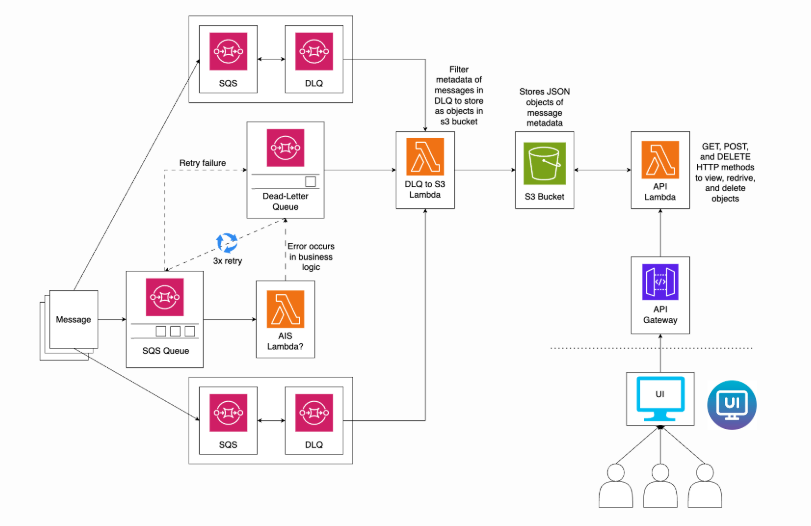
AWS SQS DLQ Metadata Managing System is a centralized system that Nithika and I designed and created with Python using AWS services. The project attempted to address the unknown amount of buildup of failed messages in AWS Dead-letter Queues (DLQs). After researching the use of different AWS services by reading through documentation, we connected AWS SQS and DLQ to AWS Simple Storage Service (S3) through triggers set by AWS Lambda (Python script we created) to organize crucial metadata from messages in DLQs for ease of access of viewing and editing. This was essential for software engineers to examine only error information to address problems within the code for redrive, resend the message back into SQS to be put in databases, or for deletion if the message is inconsequential. We streamlined the production process by retrieving and displaying important metadata needed without manual maintenance by engineers. Although the project is incomplete due to scalability issues with the API created that can’t handle over a million S3 bucket objects, the basic structure design is fully functional for when the issue is resolved.
Tessera Ticketing Platform
Tessera is a ticketing platform web service that I developed to apply my knowledge of full-stack development under the guidance of Talha Muhammad. The project was inspired by my time interning at Ticketmaster, a ticketing company. Deconstructing the complexities of the system architecture that’s a product of decades of work, Tessera focuses on the essential functionalities for ticketing: Account creation, login security, event filtering, and ticket purchasing.
I created a relational database schema with normalized data to organize the events, users, tickets, and prices data that I continued to build upon as I developed the platform. This structure ensures data integrity and efficiency even as the scale changes. I followed the REST API guidelines to create a responsive backend, the backbone to the communication between user interaction with the platform and the database. JWT, data extraction from cookies, and password hashing for databases are all implemented to follow security protocols. Database APIs were used to update the databases to ensure data integrity as tickets are purchased. Calls to third party APIs like Stripe were used for payment and Gmail Integration for email confirmation of purchases with details of events. After many iterations of component organization and research into React framework, the frontend of Tessera could display data with minimum API calls by passing information as props, using callbacks, variations of React hooks. This improved the user experience as the Browser DOM seamlessly displayed information with delays.
Developing Technical Skills
This internship enhanced my understanding of maintenance of complex system architectures and scalable additions to such structures to improve efficiency without additional overload. The development of Tessera tested my full-stack skills from debugging API calls to applying data normalization concepts for an efficient integrated system. Full-stack development has since become an integral part of my interests as a programmer, allowing me to view a future in software engineering instead of just pursuing bioinformatics.
Beyond Science
This practicum highlighted how software engineering is integrated into our lives through industries like the entertainment industry. Ticketmaster is just one example of how programs serve millions of people. Experimenting with various technologies and sitting in daily stand-up meetings where I heard the exciting projects the engineers were working on solidified my path towards a corporate career. Full-stack development has also since become an integral part of my interests as a programmer, shifting my career perspective from solely focusing on bioinformatics to broadening to software engineering.
